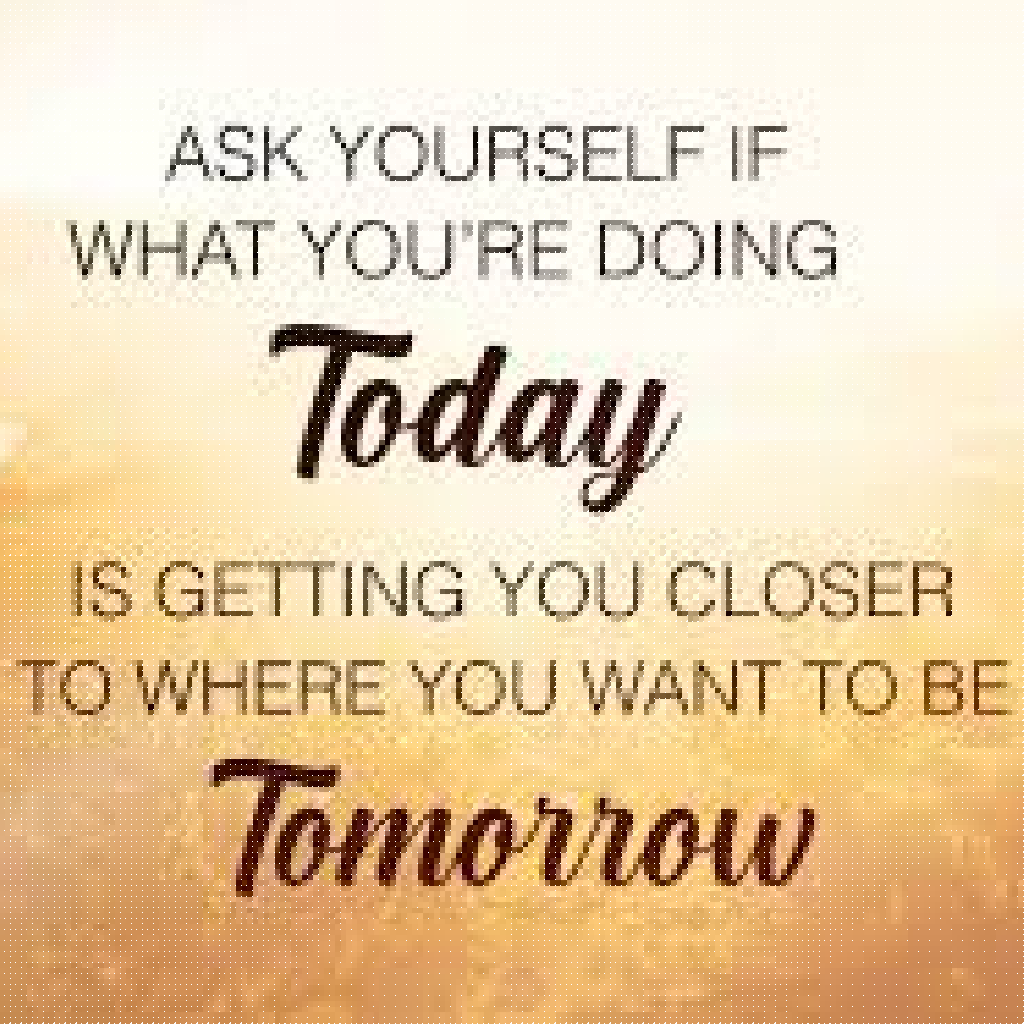Key Takeaways:
- Effective management practices that focus on teamwork and communication can significantly boost workplace performance.
- Implementing diversity training and leadership development helps cultivate a supportive and productive work environment.
In today’s fast-paced business environment, effective communication stands as one of the foundational pillars of successful management. As organizations evolve, the need for managers to foster clear and engaging communication practices becomes increasingly critical. Whether the goal is to improve team performance, enhance employee engagement, or facilitate relationship building, prioritizing communication is key. This article delves into practical strategies for modern managers to elevate their communication skills within their teams.
Understanding the Impact of Communication on Team Performance
Successful managers recognize the correlation between strong communication and improved team performance. When information flows seamlessly and articulately, employees feel more informed and empowered, which consequently drives productivity. For instance, a manager who regularly communicates updates and expectations cultivates a work environment where employees can thrive and contribute effectively. Furthermore, fostering a culture of open dialogue encourages team members to share ideas and feedback, promoting innovation and cohesion.
How Can Managers Enhance Their Communication Skills?
To enhance communication, managers should focus on clarity and openness. This involves being concise with messages and ensuring that feedback mechanisms are established. Here are a few actionable strategies:
- Tailor Your Communication Style: Understanding that communication is not one-size-fits-all is essential. Adapt your style based on individual team members’ preferences. For instance, some employees may appreciate detailed emails while others might prefer brief, face-to-face conversations.
- Utilize Various Channels: Leverage multiple channels of communication depending on the situation. For team updates, an email might be sufficient; however, for more complex discussions, a video call could be more effective.
- Encourage Feedback: Invite team members to voice concerns and provide opinions. Use tools like surveys or regular check-ins to create an open environment. This not only fosters trust but also helps managers pinpoint areas for improvement.
The Role of Technology in Communication
Technology plays a pivotal role in modern business communication. Tools such as video conferencing, instant messaging, and project management platforms help streamline communication processes. Managers should embrace technology to facilitate real-time updates, provide feedback, and maintain connectivity with remote or hybrid teams.
For instance, a project management tool can unify information, allowing all team members to stay aligned on progress, deadlines, and task ownership without needing countless emails.
Can Effective Communication Improve Employee Engagement?
Absolutely! Engagement stems from individuals feeling valued and heard. Managers who actively engage in two-way communication create an environment where employees perceive their contributions as meaningful. Regular team meetings that promote discussion on both successes and challenges allow team members to feel involved in the decision-making processes. Moreover, recognition for achievements—be it big or small—can significantly enhance engagement. Acknowledging individual contributions during team huddles reassures employees that their efforts are appreciated.
How to Build Rapport and Relationships Through Communication
Building strong relationships within a team is essential for creating synergy. Managers should be intentional about relationship-building exercises. Efforts should extend beyond task-oriented conversations to include personal interactions as well. Here are some proven ways to develop rapport:
- Practice Active Listening: Show genuine interest in what team members are saying. Acknowledge their viewpoints and demonstrate empathy when addressing concerns.
- Host Team-Building Activities: Initiatives such as team lunches or virtual happy hours can enhance camaraderie and strengthen bonds among the team.
- Be Transparent: Be honest and transparent in all communications. Sharing company news, goals, and expectations builds trust, which is vital for high-functioning teams.
Conclusion
In closing, effective communication is not merely about exchanging information; it’s about creating connections that foster an engaged workforce. As modern managers navigate the complexities of team dynamics, refining their communication strategies will be paramount. By focusing on clarity, utilizing technology, and prioritizing relationship building, managers can pave the way for enhanced performance and a positive workplace culture. In a world where remote work is on the rise, mastering communication skills has never been more crucial for those at the helm of leadership.













